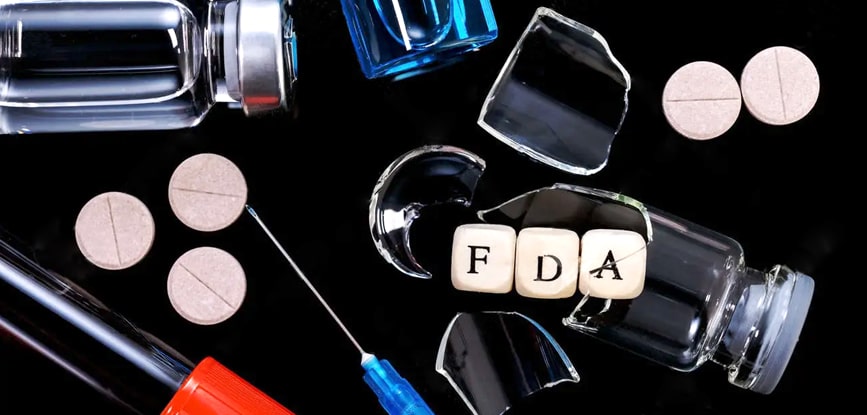FDA Registration Services in the Philippines
Carpo Law & Associates works with clients that are required to register with the Food and Drug Administration (FDA) to be able to import, export, distribute, market, advertise or manufacture their products in the Philippines. Our Lawyers and FDA Consultants have a keen understanding on how the FDA agency monitors the production, sale, and traffic of regulated products in the Philippine retail market and are experts in assisting clients on how to be compliant with the agency’s regulatory processes and enforcement regulations.
We directly interact with the FDA when helping our clients navigate the agency’s regulatory processes pre-licensing and product approval, and are closely involved in the product classification, issuances and guidelines, checklists of requirements, investigational device submissions, and procurement of forms for licensing.
Our clients include domestic and international manufacturers and distributors of food, pharmaceutical, medical device, cosmetic, and other product categories regulated by the FDA. We also help private institutions involved in preclinical and clinical research of FDA-regulated products.
The application of the law at the FDA is specialized and the agency requires separate licensing and product registration. Before companies can import, export, distribute, market, advertise or manufacture their product/s in and out of the Philippines, they must first secure a License to Operate (LTO) as: (1) Importer, Distributor or Wholesaler if they intend to import their product/s from overseas; or as (2) Manufacturer if they intend to manufacture them locally. After successfully obtaining an LTO, companies can apply for a Certificate of Product Registration (CPR) to have their product/s classified, evaluated, and officially registered with the FDA.
Following the issuance of product approval by the FDA for consumption in the Philippine market, we also provide assistance on compliance requirements for technical specifications on the operation standards and facilities to be used in the production process.
Our lawyers and FDA consultants have excellent working relationships with the Bureau of Customs, Department of Trade and Industry, and Department of Health. These relationships help us gain a substantial advantage in proactively facilitating the interconnected regulations and policies that these government agencies, along with the FDA, may require.
Our team has a clear, detailed understanding of legislative and regulatory reform efforts that the FDA seeks to enforce to prevent the entry of disastrous and harmful products in the Philippines. To support the agency’s efforts, we advise clients in anticipating, adapting to, and profiting from upcoming amendments that the FDA may require on the products it regulates in the Food, Pharmaceutical, Biotechnology, and Cosmeceutical industries.

